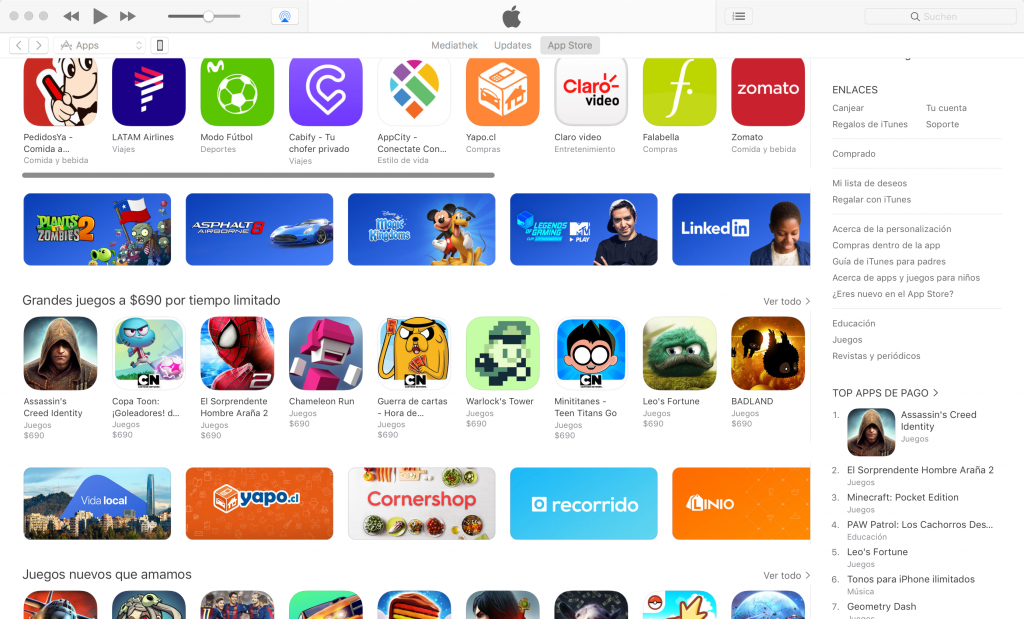Cloud-native development refers to a set of practices and principles that enable the design, development, deployment, and maintenance of software applications within a cloud computing environment. When applied to Software-as-a-Service (SaaS) applications, cloud-native development offers several significant benefits:
Scalability: Cloud-native architecture allows SaaS applications to easily scale up or down based on demand. This elasticity ensures optimal performance during peak usage times and cost savings during periods of low activity.
Flexibility: Cloud-native development enables the use of microservices, which are smaller, independently deployable components. This modular approach increases flexibility, allowing developers to update, scale, or replace specific components without affecting the entire application.
Faster Time-to-Market: Cloud-native practices promote continuous integration and continuous deployment (CI/CD), allowing developers to release updates, features, and bug fixes more frequently. This accelerated release cycle speeds up time-to-market for new features and improvements.
Resilience and Reliability: Cloud-native applications are designed to be resilient by default. They can recover from failures automatically and distribute traffic across multiple instances, ensuring high availability and minimizing downtime.
Cost Efficiency: Cloud-native development optimizes resource utilization by automatically adjusting resources based on demand. This pay-as-you-go model helps reduce infrastructure costs and ensures efficient use of resources.
Innovation: Cloud-native development encourages experimentation and innovation by providing a platform that supports rapid prototyping, testing, and iteration of new features. Developers can quickly test ideas without committing to extensive development efforts.
Security: While security is a shared responsibility between the cloud provider and the application owner, cloud-native development benefits from the security features offered by major cloud providers. Properly configured cloud-native architectures can enhance data security, encryption, identity management, and compliance.
Global Accessibility: SaaS applications developed using cloud-native principles can be accessed from anywhere with an internet connection, providing a seamless user experience across different devices and locations.
Resource Optimization: Cloud-native applications can efficiently utilize resources such as storage and computing power, helping to reduce waste and lower operational costs.
Monitoring and Management: Cloud-native development often integrates monitoring and logging tools that provide insights into application performance, user behavior, and potential issues. These insights facilitate proactive maintenance and troubleshooting.
Auto-scaling: Cloud-native platforms can automatically adjust resources in response to varying workloads. This means that during traffic spikes, additional resources are allocated, and when demand decreases, excess resources are released.
Easier Collaboration: Cloud-native development promotes collaboration among development teams, as it allows for easy sharing of components, services, and infrastructure configurations. This can lead to improved communication and more efficient development workflows.
In summary, adopting cloud-native development practices for SaaS applications brings about numerous advantages, including enhanced scalability, flexibility, faster time-to-market, improved resilience, cost efficiency, and increased innovation. By leveraging cloud infrastructure and services, organizations can build and operate SaaS applications that are better equipped to meet the evolving demands of users and the competitive landscape.






